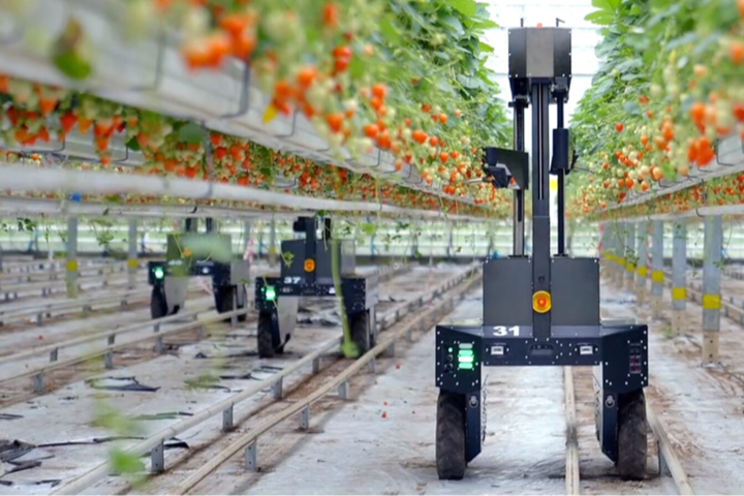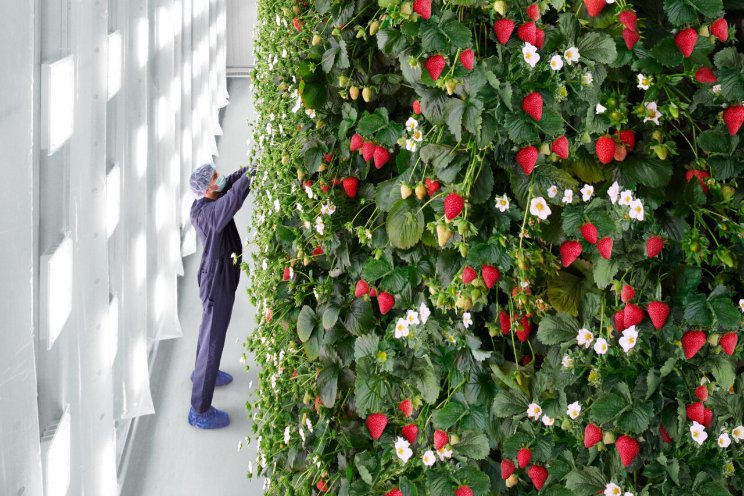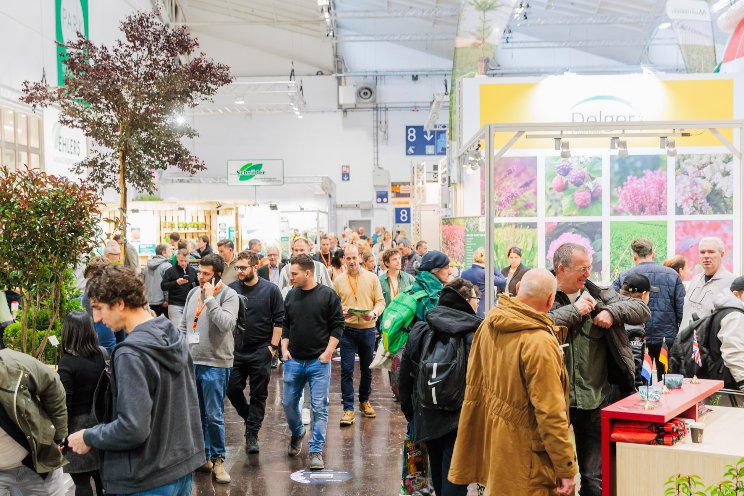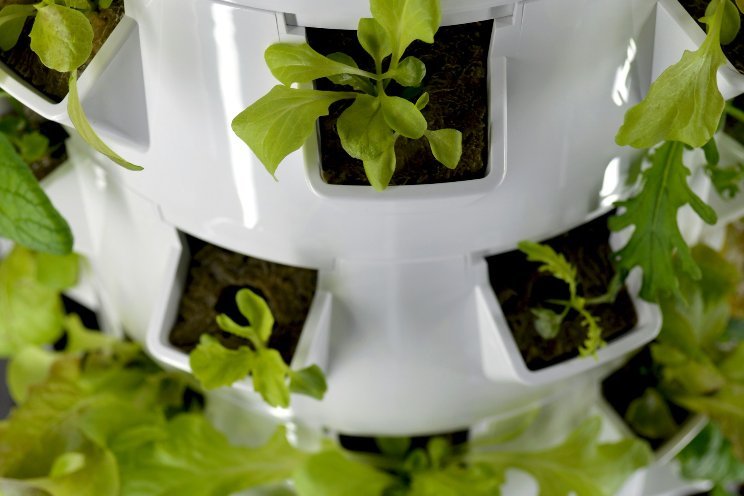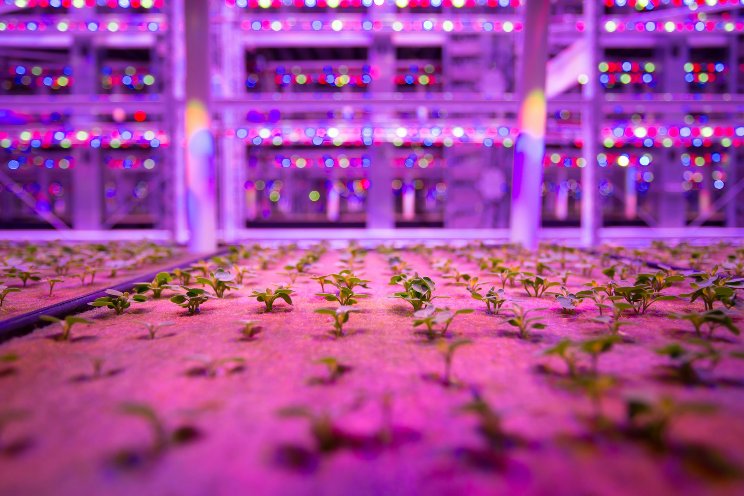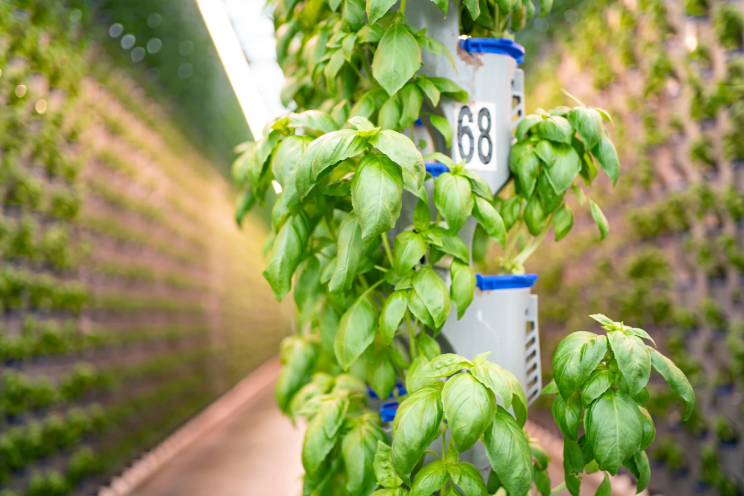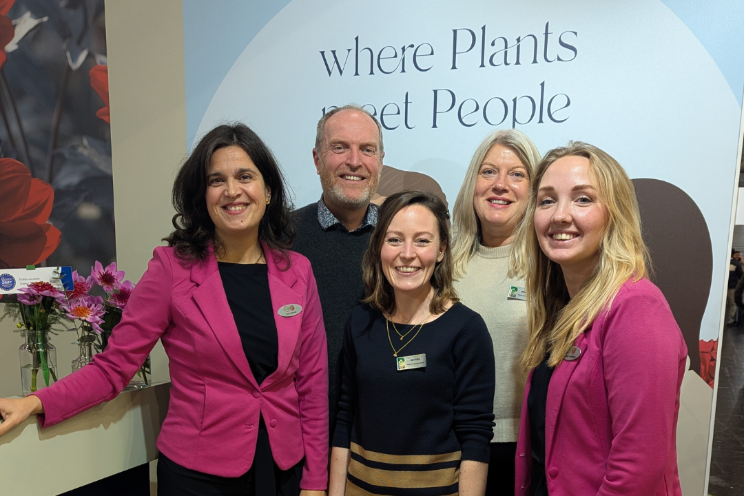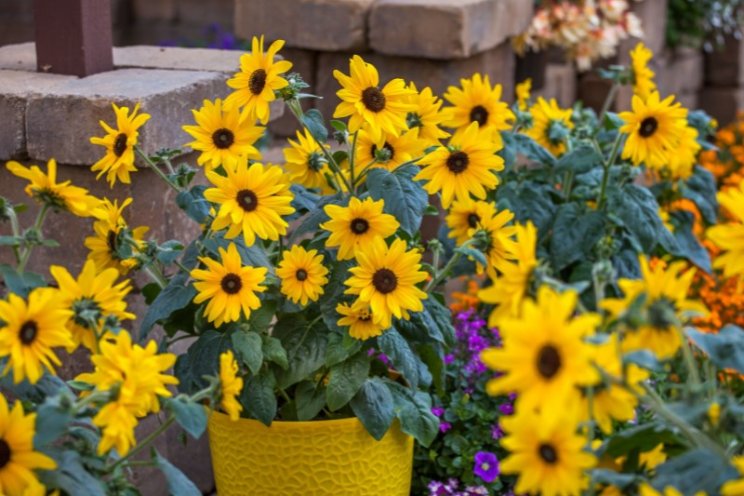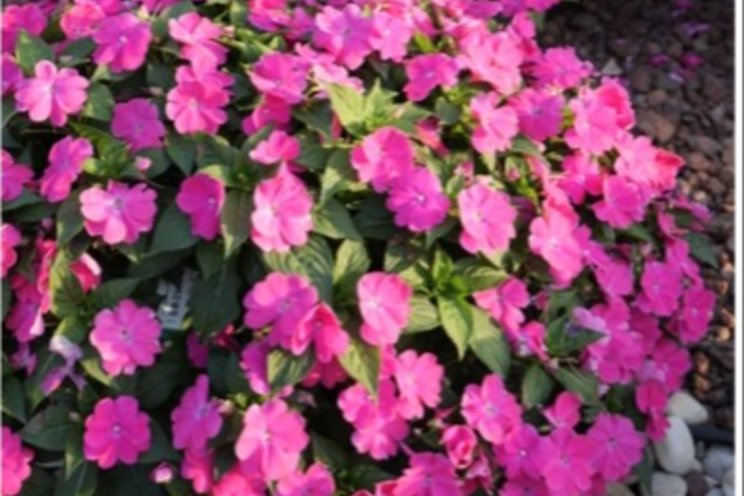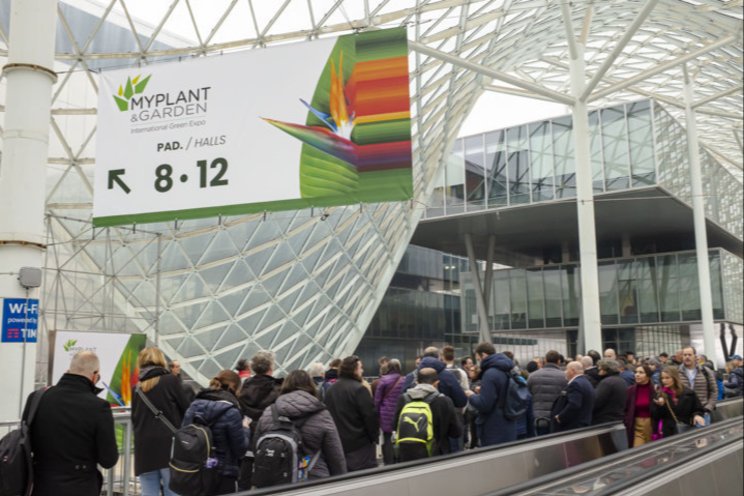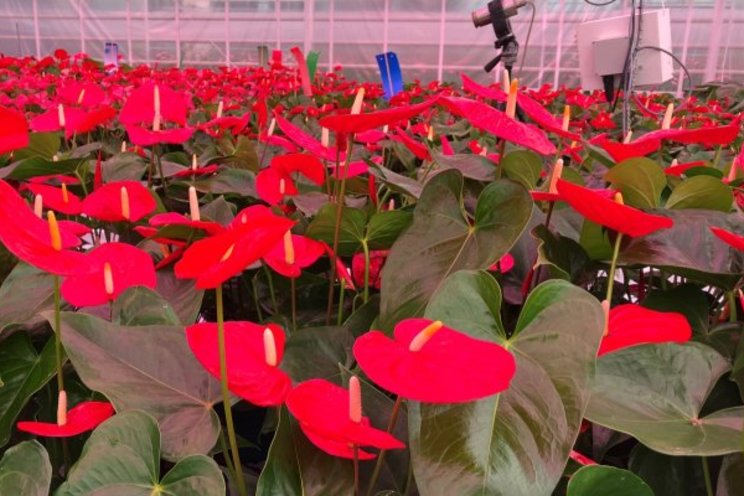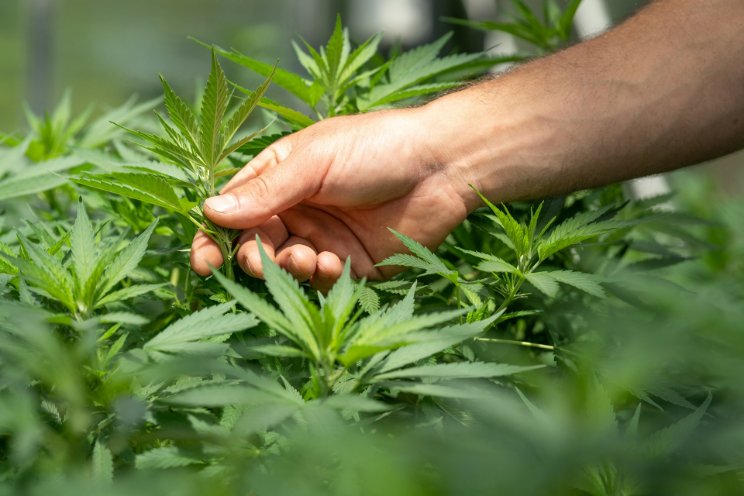Growing pesticide-free is about more than crop protection
Added on 01 May 2024

Growing crops without the use of chemicals. Is it a utopia or closer than we think? At the initiative of FVO, which represents the five largest greenhouse vegetable growers' associations in the Netherlands, vegetable growers, suppliers and breeders are currently working together on profitable and completely pesticide-free cultivation of vegetables. Within the '100% green cultivation' project, an integral resilient cultivation system is sought that combines green crop protection with biological and technological solutions.
Burning platform
This season, a total of seven growing pilots started in practice. One of these pilots is taking place at tomato and pepper producer Frestia, a member of grower's cooperative Harvest House. The company grows snack peppers, pointed peppers and mini vine cherry tomatoes in the Netherlands and Portugal. The total area is 42 hectares, 3 hectares have been reserved for the pilot of '100% green cultivation'. “Crop protection is one of the 'burning platforms' within greenhouse vegetables, so it is a hot topic for the sector to work on in the coming years. That is why we started this pilot," says Frestia operational director Marc Zuidgeest. “As a company, we have been working on sustainability for some time, at ways to make plants more resilient and expand the biology in the greenhouse. We have been doing this for several years based on the philosophy of Plant Empowerment, but we also encountered challenges. The '100% green grown' project offers the opportunity to further deepen this.”
Author: Jacco Strating
More news
